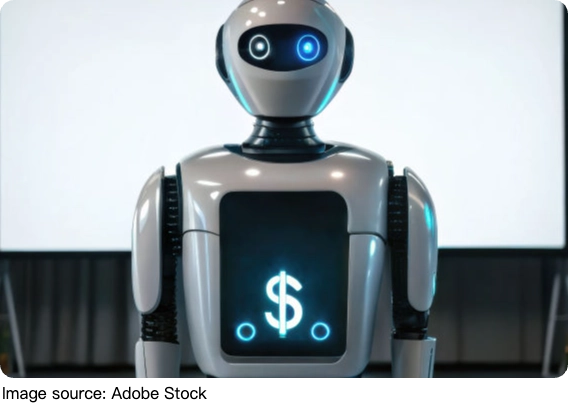Robot Ethics Challenges

We are living in a time when intelligent robots are no longer just science fiction—they are becoming part of our workplaces, homes, and public spaces.
As these machines gain more autonomy and decision-making power, we face important questions about how they should behave and who is responsible for their actions.
Understanding robot ethics helps us ensure that technology serves humanity safely and fairly. We need to think carefully about the impact of robots on jobs, privacy, and social interactions, because these issues affect all of us.
Respecting Human Autonomy and Dignity
One key principle in robot ethics is respecting human autonomy and dignity. Robots should support human decision-making, not replace or undermine it. For example, in healthcare, robots can assist doctors but must never take away a patient's right to informed choices. Designing robots that respect human values helps maintain trust and ensures technology enhances rather than diminishes our freedoms. We also need to be cautious about robots making decisions in sensitive areas like law enforcement or social care, where human empathy and judgment are crucial.
Transparency and Explainability in Robot Decisions
As robots become smarter, their decision-making can be complex and hard to understand. Transparency means that we should be able to see how and why a robot makes a choice. Explainability ensures that these decisions can be communicated clearly to users. This is crucial in sensitive areas like self-driving cars or legal systems, where understanding robot actions can prevent mistakes and build confidence. Without transparency, people may distrust robots or feel powerless, which could slow down the adoption of beneficial technologies.
Accountability and Responsibility
When a robot causes harm or makes a wrong decision, who is responsible? Accountability is a major challenge in robotics ethics. Developers, manufacturers, and users all share responsibility for ensuring robots act safely and ethically. Clear regulations and guidelines are needed to define these roles and handle situations where robots fail or cause damage. For example, if an autonomous vehicle causes an accident, it's important to know whether the fault lies with the software developer, the car manufacturer, or the user. This clarity protects everyone and encourages better design.
Ethical Use of Social Robots
Social robots interact closely with people, sometimes mimicking emotions or human-like behaviors. While this can improve engagement and trust, it raises ethical concerns about deception and manipulation. It's important that such features are used responsibly and transparently, especially to protect vulnerable users like children or the elderly. We also need to consider the psychological effects of forming emotional bonds with machines—how might this change human relationships and social skills over time?
Preventing Harm and Ensuring Safety
Safety is a fundamental ethical requirement. Robots must be designed to avoid causing physical or psychological harm. This includes thorough testing, risk assessment, and ongoing monitoring after deployment. Ethical design also means considering unintended consequences and ensuring robots behave predictably in complex environments. For example, robots working alongside humans in factories must be equipped with sensors to detect people and stop immediately to prevent accidents.
Collaboration Between Humans and Robots
We are moving toward a future where humans and robots work side by side. Ethical robotics encourages collaboration that respects human skills and judgment while leveraging robot efficiency. This partnership can improve productivity and quality of life but requires careful design to maintain human control and oversight. Training and education will be key so that people understand how to work safely and effectively with robots.
Looking Ahead: Building Ethical Frameworks
To address these challenges, experts from technology, law, philosophy, and social sciences are working together to develop ethical frameworks and regulations. Organizations like the IEEE and UNESCO have proposed guidelines to promote responsible robotics development. Governments also need to create laws that keep pace with rapid technological change, protecting people's rights while encouraging innovation.

What Do You Think About Robot Ethics?
We've explored the main ethical challenges posed by intelligent robots—from respecting human dignity to ensuring accountability. How do you feel about robots making decisions that affect our lives? What rules or safeguards do you think are most important? Share your thoughts and questions with us! Your perspective helps shape a future where technology benefits everyone.
-
 Influenza Virus on Global!A Global Health Challenge! Can The World Ever Fully Control Influenza's Spread?
Influenza Virus on Global!A Global Health Challenge! Can The World Ever Fully Control Influenza's Spread? -
 AI Drives DiscoveryHow is AI reshaping scientific research? Discover how artificial intelligence is accelerating breakthroughs across multiple fields!
AI Drives DiscoveryHow is AI reshaping scientific research? Discover how artificial intelligence is accelerating breakthroughs across multiple fields! -
 Living on MarsIs life on Mars really possible? Let's explore the latest breakthroughs and challenges in building a colony on the Red Planet!
Living on MarsIs life on Mars really possible? Let's explore the latest breakthroughs and challenges in building a colony on the Red Planet!